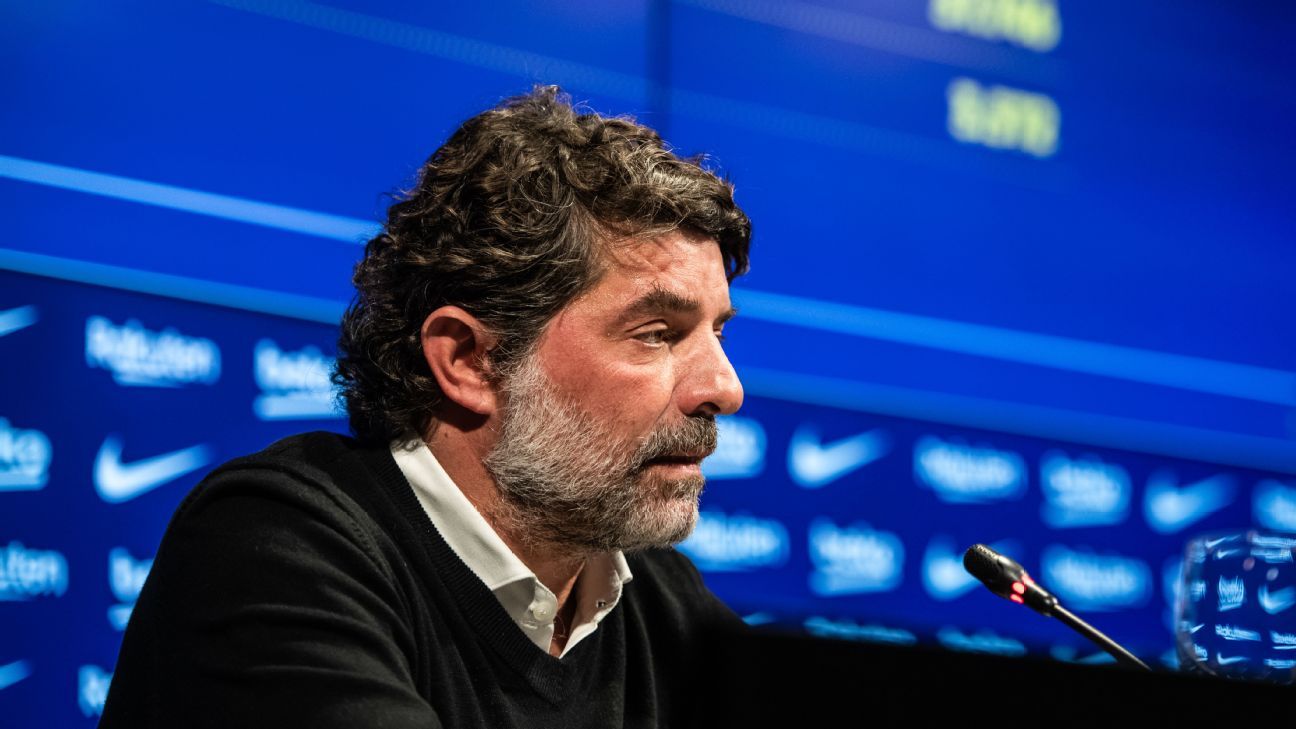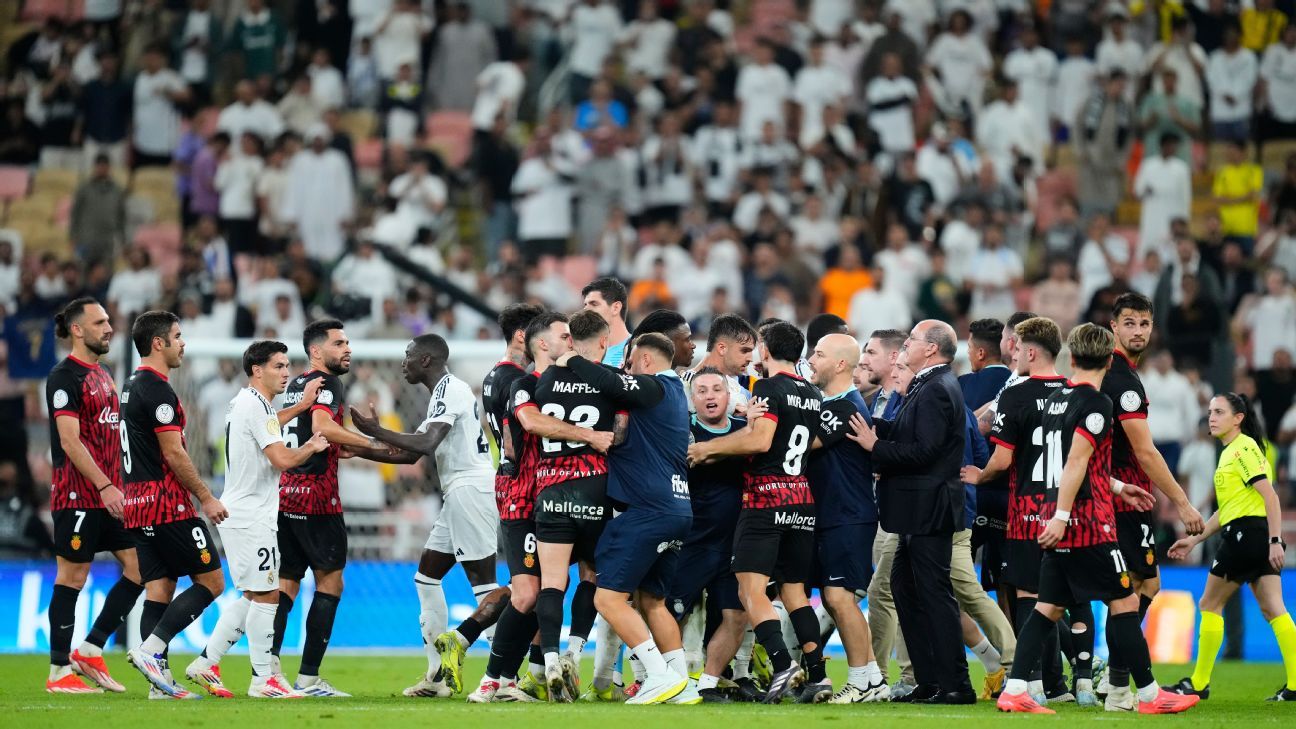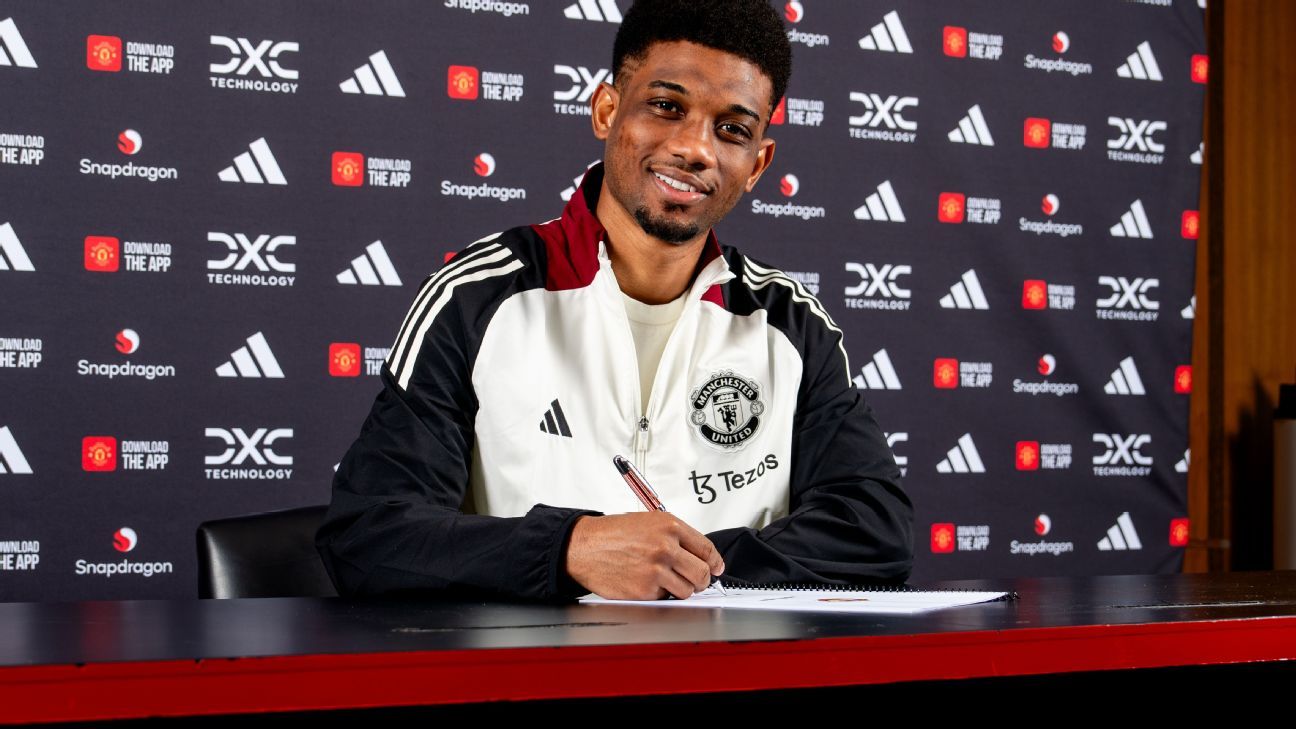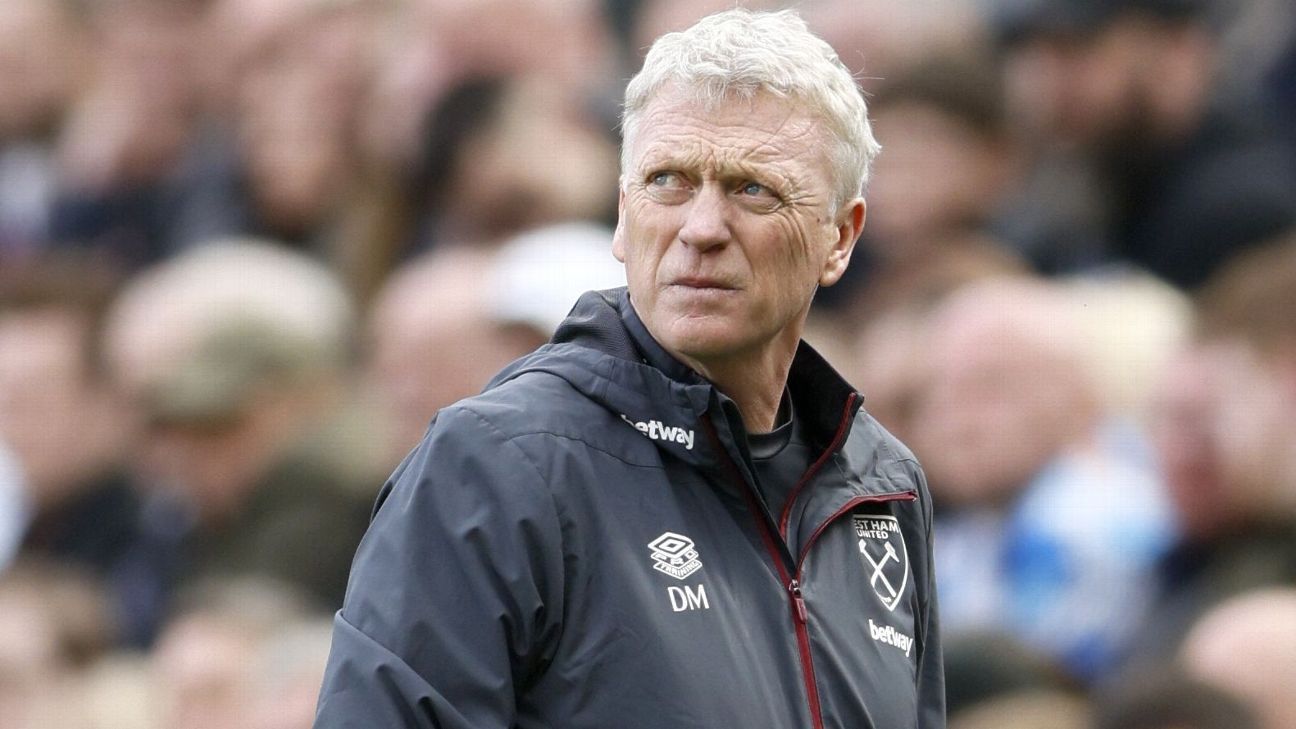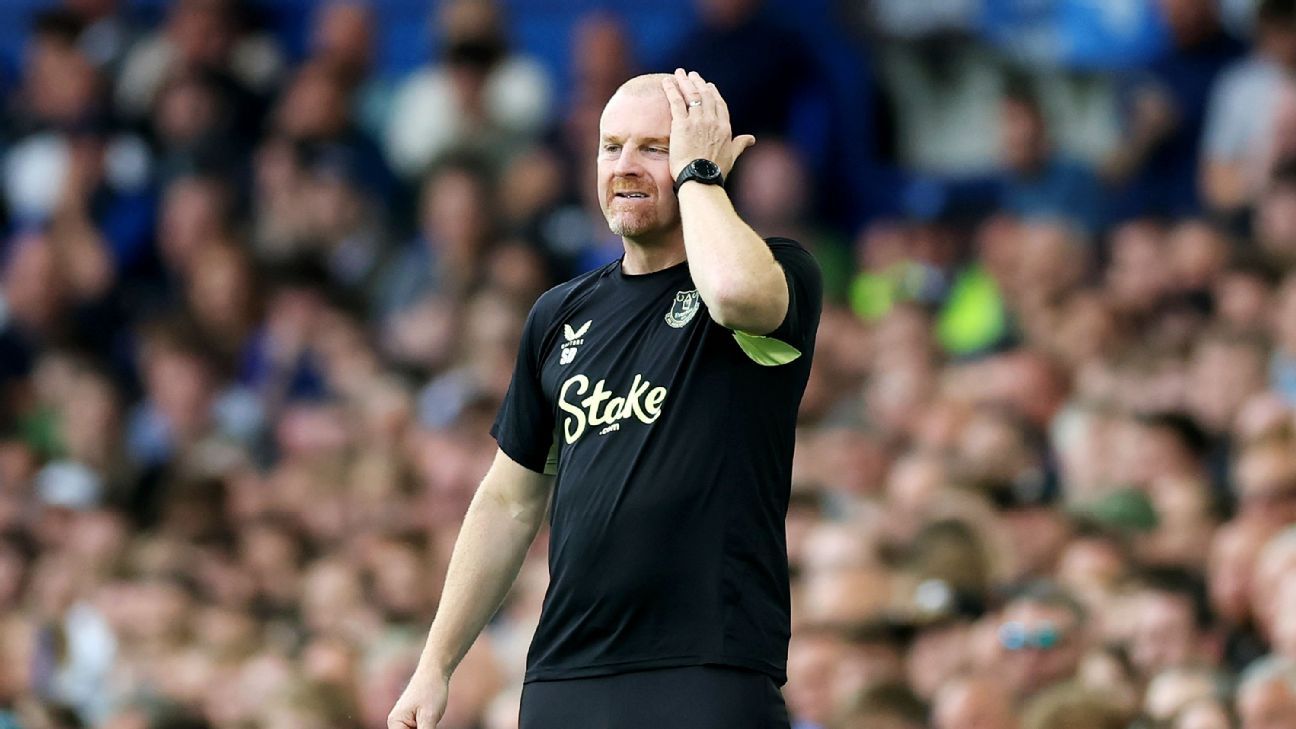
Sam Borden, ESPN Senior WriterAug 2, 2024, 06:53 PM
- Sam Borden is a senior writer for ESPN.com.
PARIS -- In the aftermath of the U.S. men's Olympic team being bounced in the quarterfinals from the Paris Games on Friday, defender Walker Zimmerman was asked what he hopes his teammates take away from this Olympic experience.
Zimmerman, one of the three permitted veteran players on this otherwise under-23 roster, hesitated for just a beat. Then he offered a soliloquy that was part criticism of U.S. Soccer's men's program and also part hope -- a combination most fans have probably grappled with recently, too.
Ultimately, Zimmerman said, he has sensed a lessening of appreciation from some American players about the preciousness of being able to represent the United States -- a reticence, he added, that can be incredibly damaging.
"I think to some degree we've gotten away from that and [players] feel like just because we're whoever you are that you just can get called in -- that stuff pisses me off," Zimmerman said. "I think guys need to, every time they put on the jersey, I don't care how talented you are, you want to play with pride. I think we have the characters to do it, but we don't always do it."
Strong words, to be sure -- and Zimmerman, 31, didn't offer any specific names -- but with 42 senior team caps and his history at the heart of the 2022 U.S. World Cup team, Zimmerman's opinion comes from a meaningful foundation. It also comes from a place of optimism, at least insofar as what he would like to see in the future from his Olympic teammates.
They, after all, are the truest potential. Players like Kevin Paredes, Paxten Aaronson, Tanner Tessmann and Nathan Harriel -- they are the ones who will likely take the U.S. program forward and help it bounce back from the disaster that was this summer's Copa América performance.
"I hope that the guys that played on this team saw how much it means to me, and I think they got it," Zimmerman said. "I think hopefully they realize how unique and how short these moments are, these tournaments are. It's just a blip in your life and you'll get remembered for it, but you got to make sure that you operate in the right way when you're in it because it's so short."
It can be hard sometimes to see the larger picture, particularly when the sting of a dispiriting loss like the 4-0 quarterfinal defeat to Morocco here is so fresh. After all, the U.S. was largely out-played by Morocco, much as they were in the second half of the group stage game against France -- the two toughest opponents the U.S. faced. In those two matches, the U.S. was outscored by 7-0; in its two other games against New Zealand and Guinea, the U.S. outscored their opponents by 7-1.
Yet wide as the gap looked in those matchups with top teams, there were sustained moments of excellence from the Americans -- and, even more, numerous reminders that the U.S. has players who want to try and play through these bigger teams because they clearly believe that they can.
When those moments are considered along with the important context that the U.S. had several other age-eligible players who weren't part of this roster because they played in the Copa América -- players like Yunus Musah and Gio Reyna -- it is easier to imagine how the Americans can sustain those flashes, and actually come away from the most massive matches victorious.
"Getting international experience is really important for the new generation," said Paredes, who was the U.S.'s best player through all four Olympic games. "So hopefully we take this defeat and it hurts a lot but it just makes us better and we can take this to 2026."
That, of course, is the goal. And Zimmerman, who saw this Olympic opportunity as a gift after he was part of the group that failed to qualify for the 2016 Games, made a reasonable point: Simply making it to these Olympics is a step in the right direction toward fixing that which he thinks ails the program.
After all, the last time the U.S. even qualified a men's team for the Olympics was 2008 and the last team to reach a knockout round game was back in 2000. While playing in Gold Cups does have meaning, the Olympics stood for the U.S. as the closest experience to the World Cup that a team could have.
All those missed opportunities surely had an impact on the gravity that came with representing the U.S. Being here then, Zimmerman believes, can only help turn that trend back the other way.
"You need to know what it means to represent the U.S. and that's where I think we can improve," Zimmerman said. "I hope that that's what we can kind of push forwards and push towards with the culture moving forward.
"There's going to be a lot of guys on this team that hopefully transition into playing in a future World Cup," Zimmerman said. "And they are going to have this experience to look back on."
 (1).png)
 5 months ago
6
5 months ago
6
